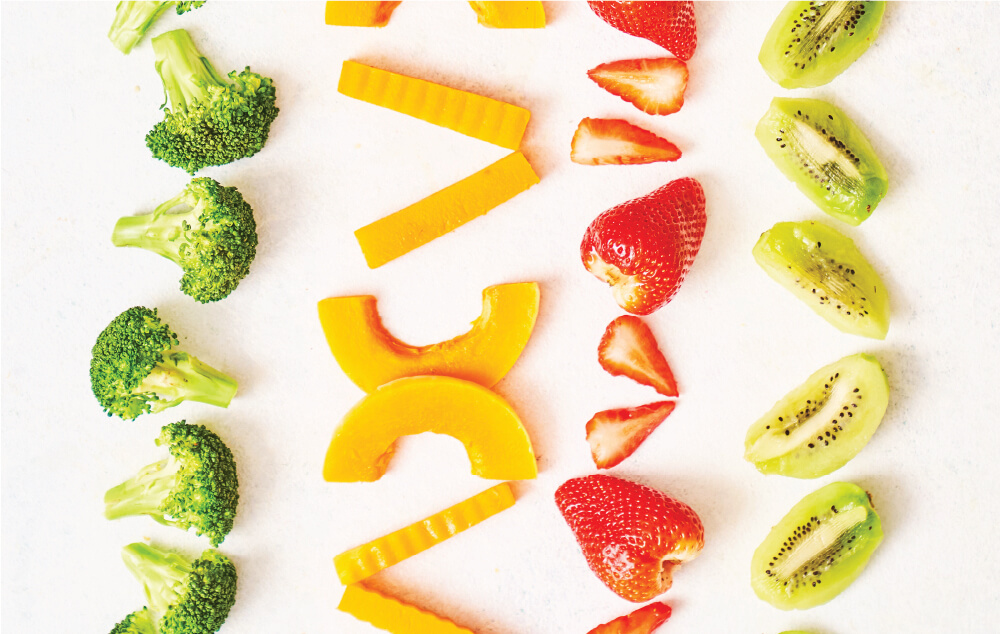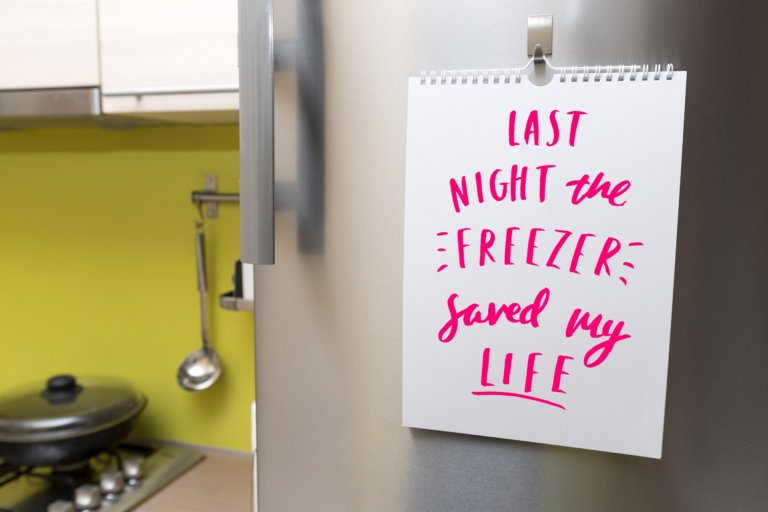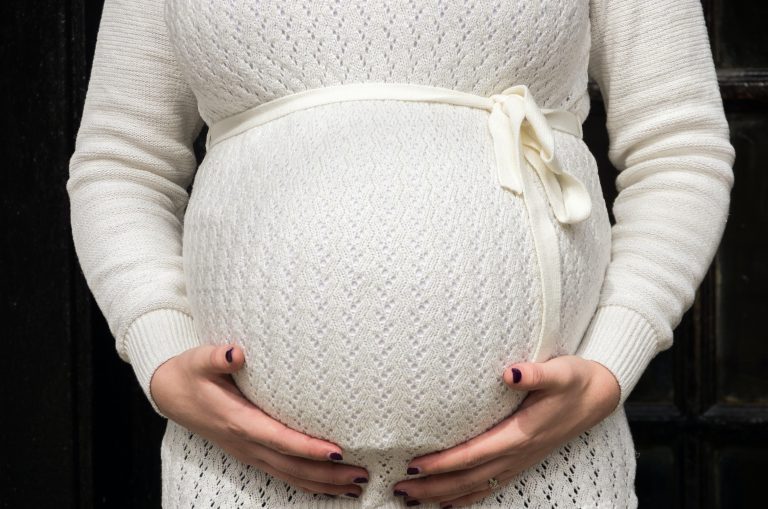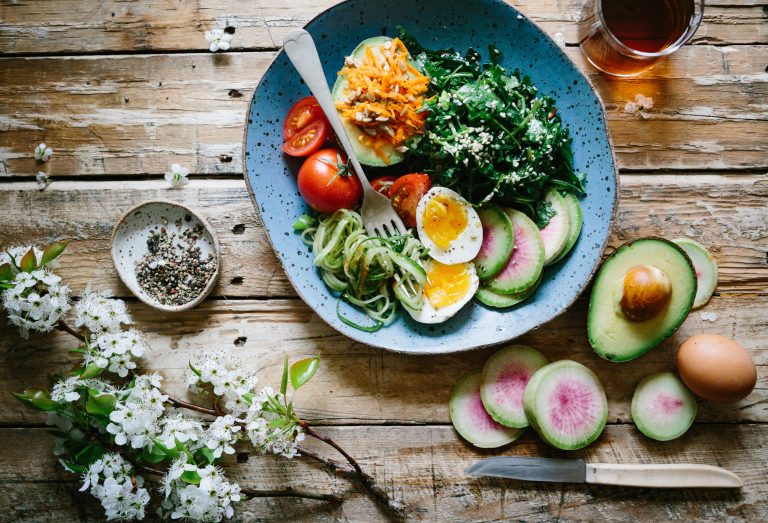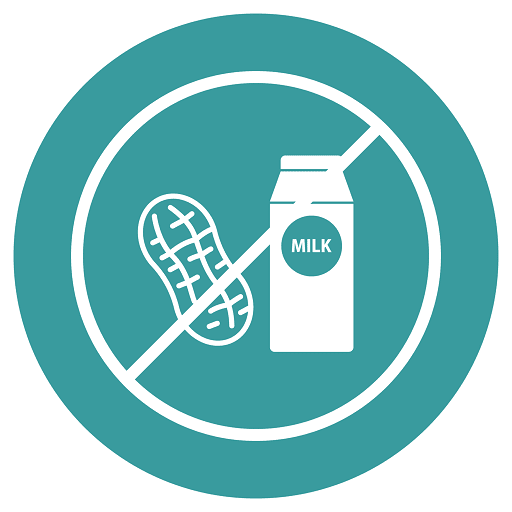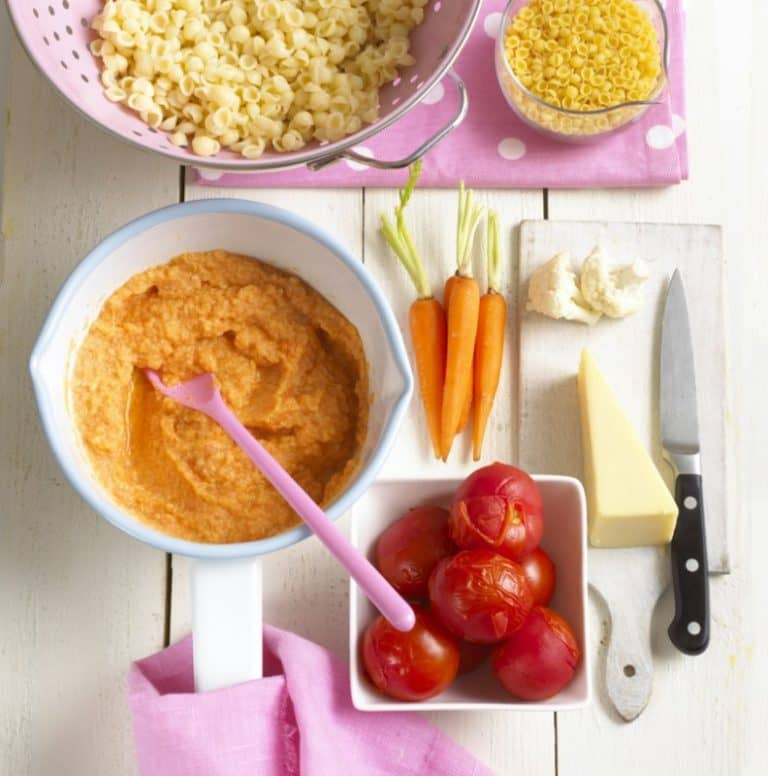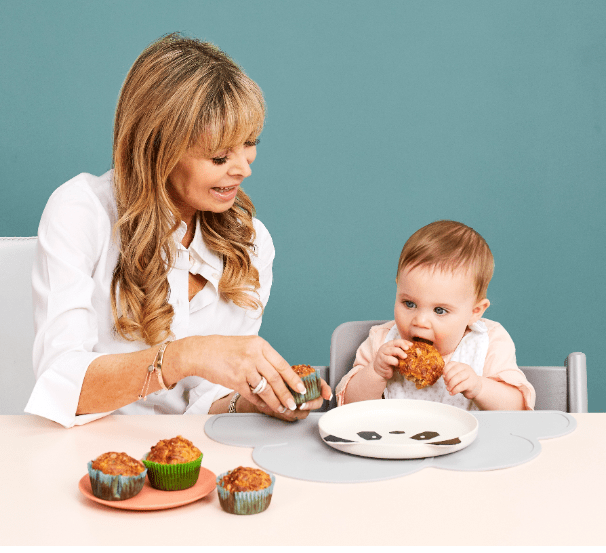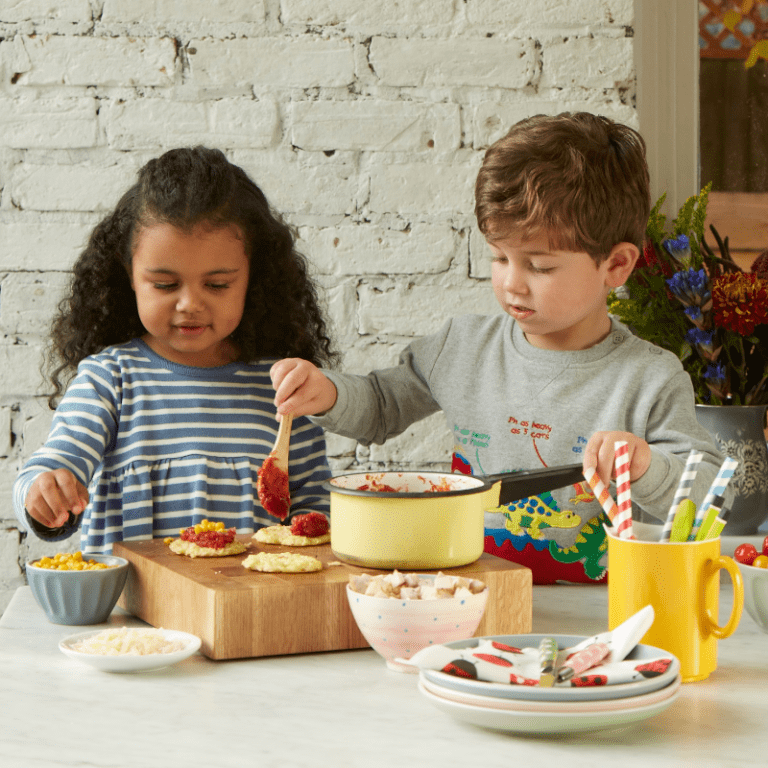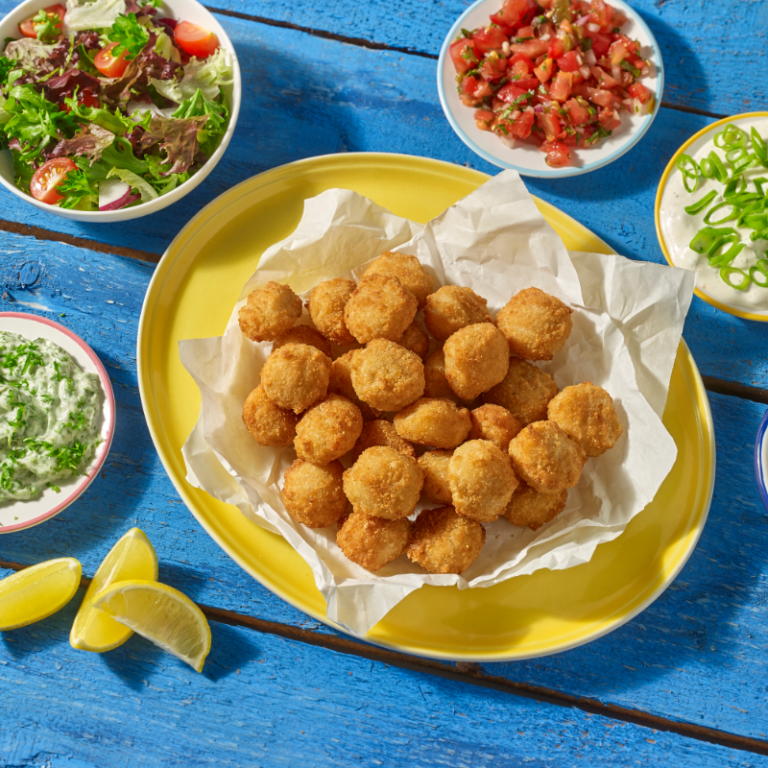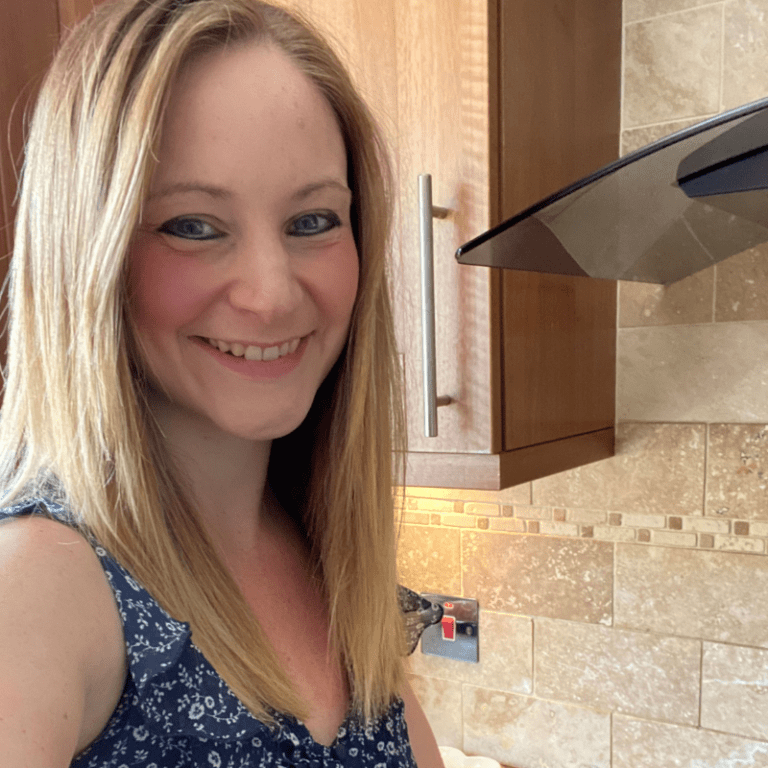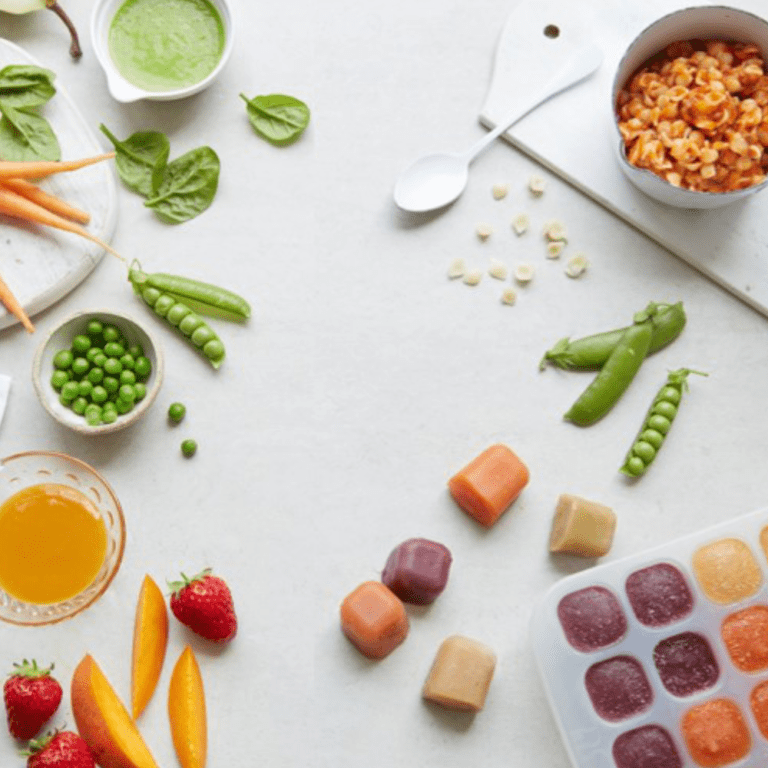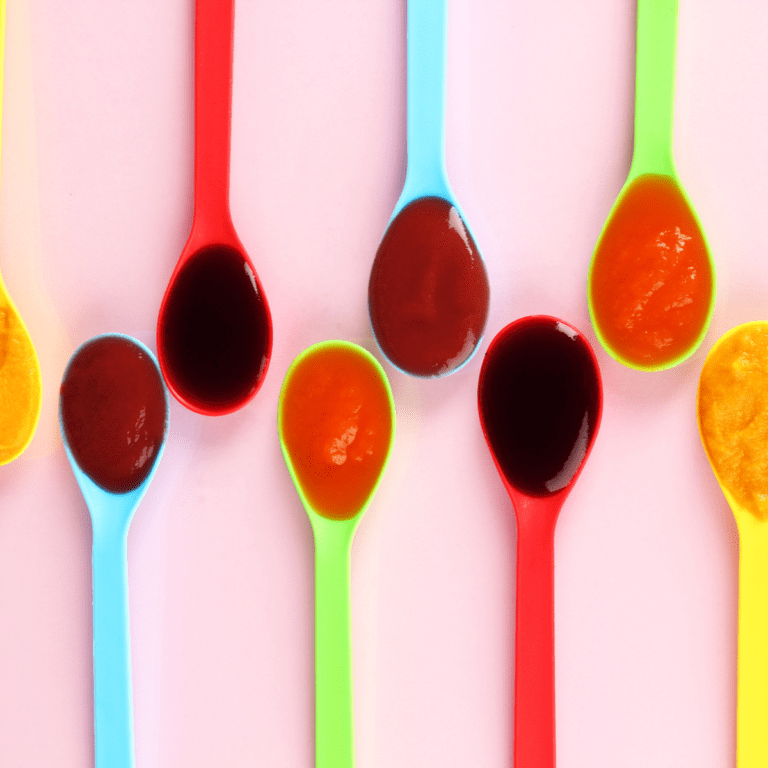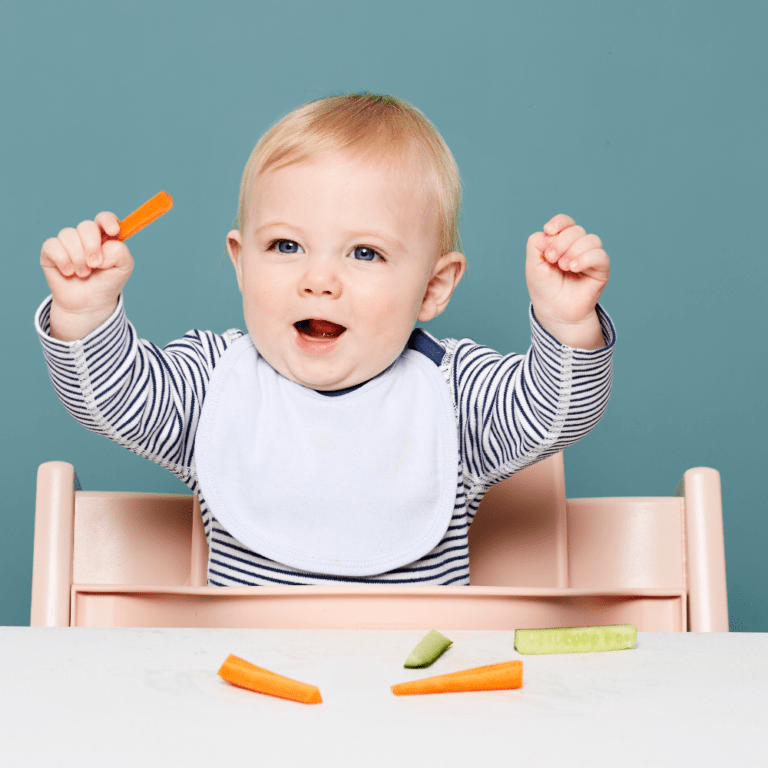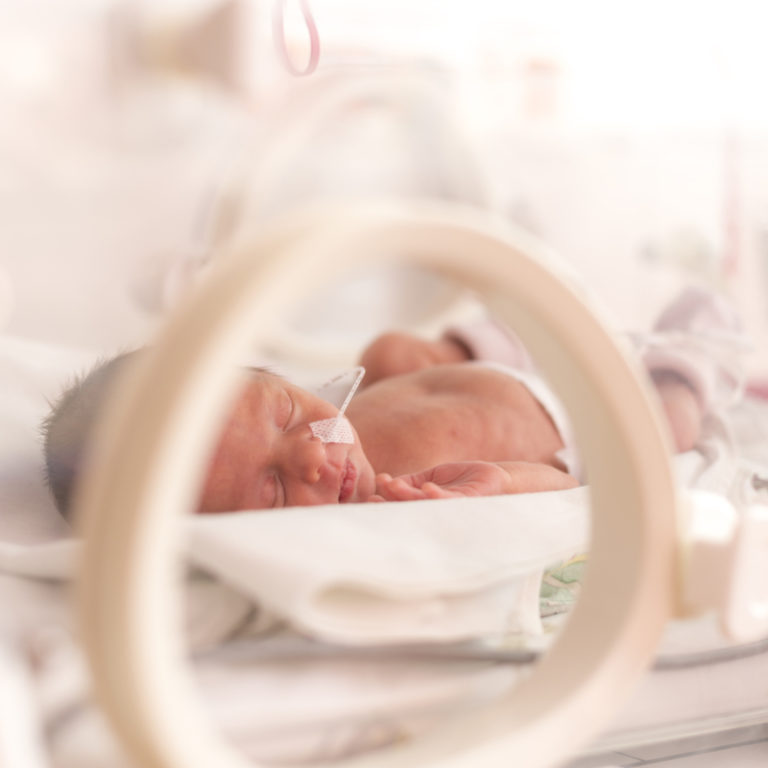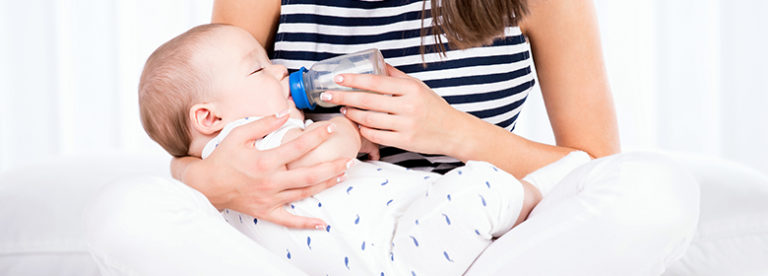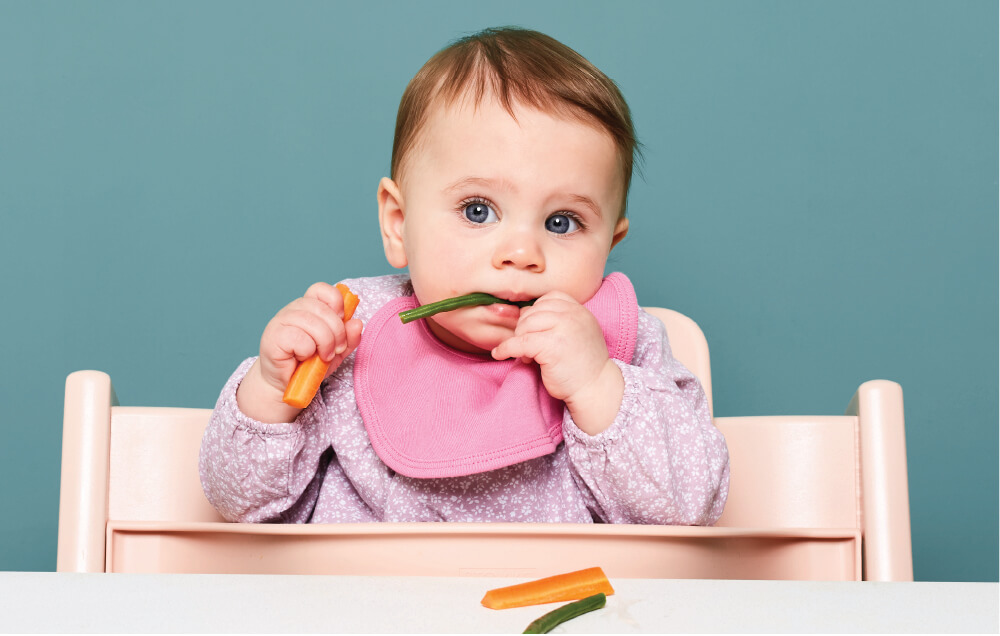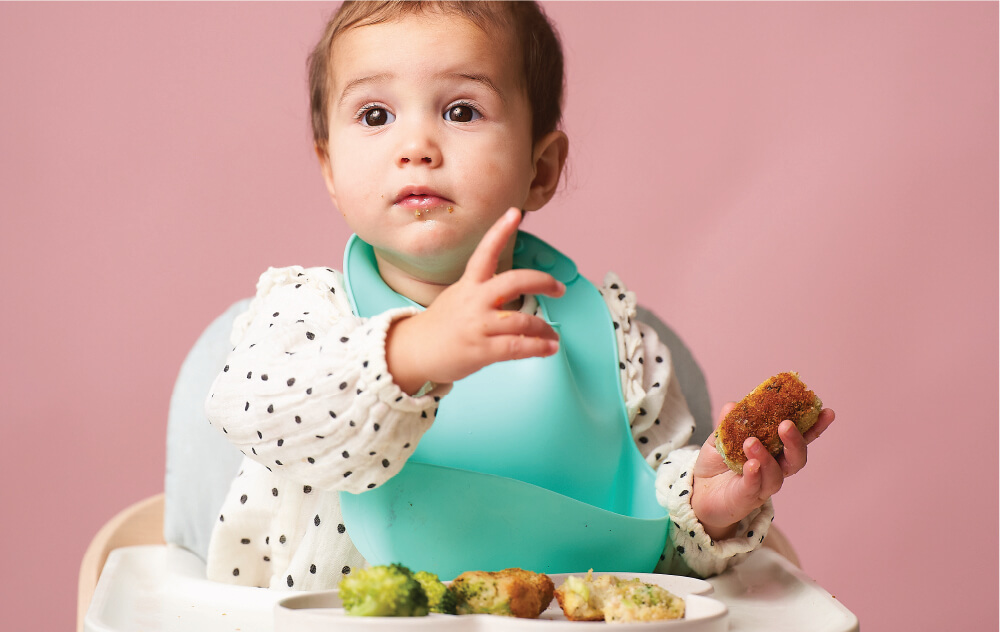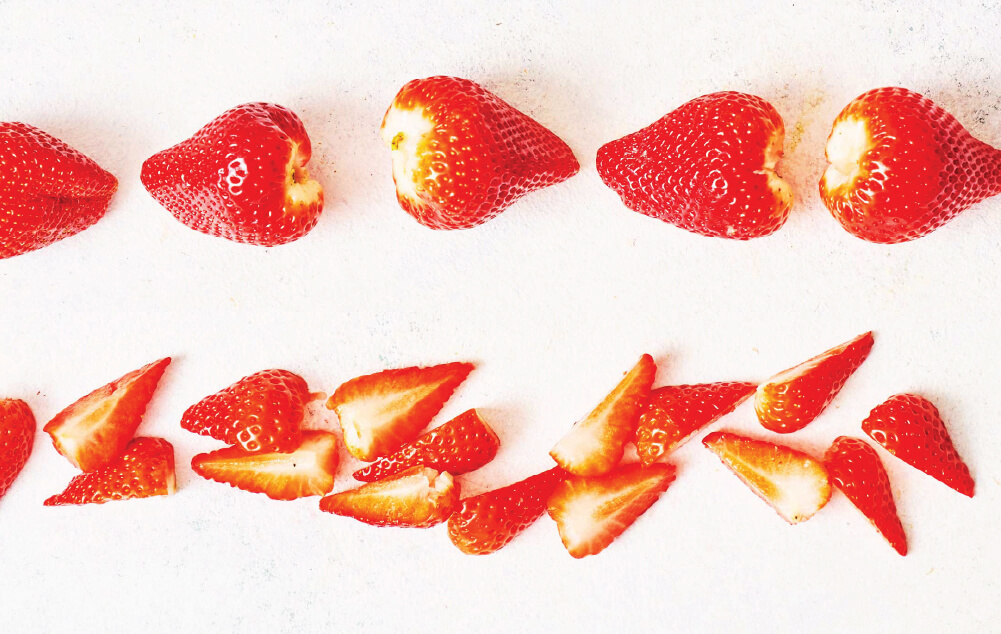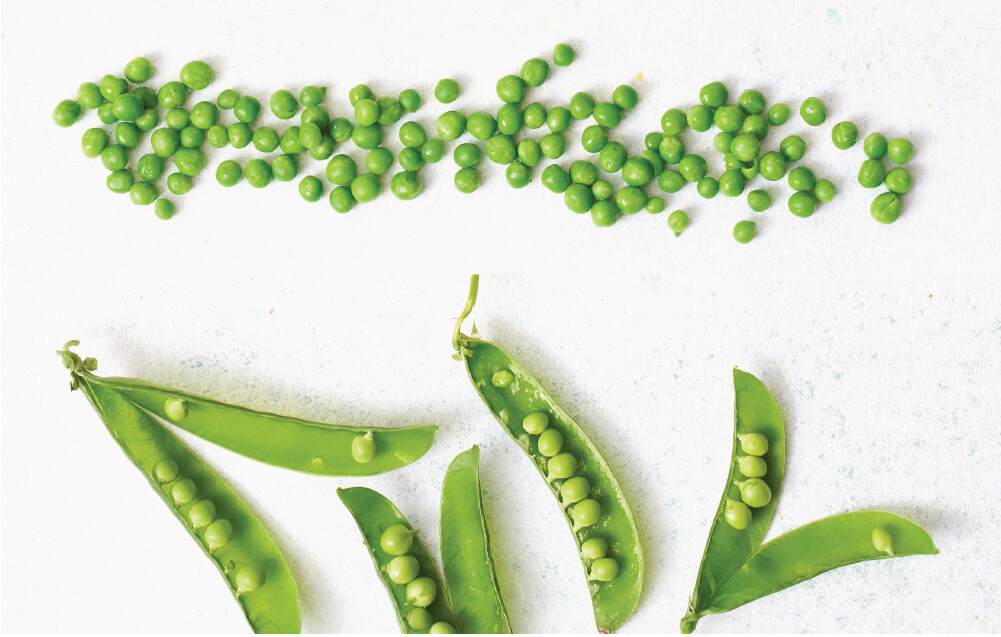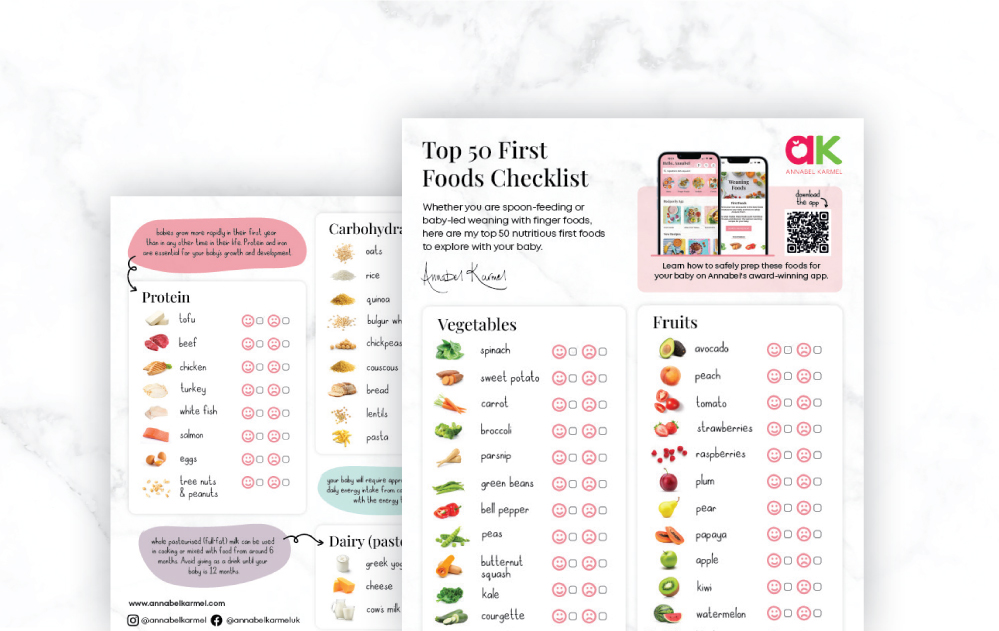A typical pregnancy lasts between 37 and 42 weeks from the first day of your last period up to the day your baby is born. Now is the time to get prepared to discuss everything in ‘weeks’ but don’t worry as these will be further broken down into stages of pregnancy called trimesters.
How are trimesters split? Well, from conception until around the 12th week of pregnancy marks the first trimester. The second trimester is weeks 13 to 27, and the third trimester starts about 28 weeks and lasts until your little bundle of joy decides it’s time to arrive into the world.
So, let’s take a look at your baby’s development and the changes you and your body will encounter throughout the first, second and third trimester.
Congratulations – the journey begins here at week 1. You might have only just discovered that you’re pregnant but those hormonal changes that come with early pregnancy don’t wait around. These changes to your hormones affect almost every organ in the body which is why from the get-go you might notice some, or all of the below symptoms in the first few weeks and these symptoms might even be what make you realise that you are in fact pregnant in the first place!
- Feeling nauseous (with out or without being sick)
- Tender or swollen breasts
- Extreme tiredness
- Weird and wonderful cravings or a sudden dislike for certain foods
- Mood swings
- Constipation
- Headache
- Heartburn
- Needing to urinate more frequently
- Weight gain or weight loss
With some of these symptoms, you might need to get more rest than usual and go to bed earlier, or you might want to eat smaller meals or eat more regularly. Some women will feel like they suffer through their first trimester while others will feel completely fine. Whether it’s your first baby, your second, third, or fourth, every pregnancy will be different, and you just don’t know how you are going to feel when pregnancy beckons.
So, we know that you might not be feeling so great in the first trimester but what is baby getting up to in these first 12 weeks?
At 4 weeks your baby is the size of a poppy seed, but there is a lot going on even at this size. Your baby is an embryo at this stage and the beginnings of their nervous system, brain, stomach and inner organs, skeleton and connective tissue all start to develop.
By the end of week 8 your baby will have progressed to become a foetus (and roughly the size of a raspberry). Your baby’s brain is growing fast, generating about 100 new cells every minute, so at this stage their head is much larger than their body and their face will even be starting to develop its own unique features. Your baby’s heart will have begun to beat, and all major organs will have started to form as will, believe it or not – fingers and toes.
At around 12 weeks you will have reached the end of your first trimester – just two to go! By this stage your baby is the size of a lime or a plum. Their muscles and nerves will be working together, and their reflexes are developing fast – your baby will be kicking, stretching, sucking and clenching their fists but you won’t be aware of any of this for quite some time yet. Their eyelids are also closed at this stage to protect the development of the eyes and they won’t open again until around week 28.
Some say that once you enter the second trimester things get a little easier from here on in. Hopefully any morning sickness you were experiencing has disappeared and you are feeling less tired than you had been before.
Now is the time that your ‘baby bump’ might start to show and you will notice some other physical changes to your pregnancy body:
- Swelling of the ankles and feet and signs of carpal tunnel syndrome (a numbness or tingling in the hand or wrist) – both a result of water retention (also known as oedema)
- Back, abdomen, groin or thigh aches and pains
- Stretch marks on your stomach, breasts, thighs or bum
- Darkening of the skin around your nipples
- Brown patches of pigmentation on your forehead, cheeks, and neck (also known as chloasma, melasma or the ‘mask of pregnancy’)
- Itchy sensation on stomach, palms and soles of the feet
Although some of the above symptoms don’t sound all that fun, this is also known as the ‘feel-good’ time of your pregnancy as sickness and mood swings have gone and some of the more positives arrive too.
You’ll develop a gorgeous womanly physique with soft curves, and larger breasts synonymous with fertility. Your nails will grow faster and your hair will feel luscious and thick as thanks to your pregnancy hormones, you lose less. And then of course that lusted after ‘glow’ which we all continually strive for is a welcome surprise during the second trimester. Hormones are partly responsible, but an increase in blood volume also brings more blood to the skin, giving it a brighter appearance and you a radiant glow.
And let’s not forget that pregnancy can bring out the kindness in people too – you might find that you get people offering you their seat on public transport, opening doors for you, and generally being nice! So, enjoy it while it lasts.
While you are busy looking lovely, your baby by 16 weeks (and now about the size of an avocado) will be working on their appearance too. They will be almost fully formed and as the brain development has slowed down, their skin begins to form and is almost translucent. They will start to develop a sucking motion with their mouth which is also known as the sucking reflex, and meconium will develop in your baby’s intestinal tract which will be your baby’s first bowel movement.
At 20 weeks you are halfway through your pregnancy – hooray! Your baby is as long as a small banana and excitingly, many women will feel their babies moving for the first time this week as your baby is much more active, however, others may not be conscious of it for another 4-6 weeks so don’t worry if you don’t feel any kicking just yet. These early movements can be easy to miss (especially in your first pregnancy) as they are often no more than gentle flutters.
Your baby is now covered by fine, feathery hair called lanugo and a waxy protective coating called vernix. Eyebrows and eyelashes have formed and their tiny ears can now pick up your voice and even hear what you are saying.
At 24 weeks your baby is as long as a corn on the cob! Their taste buds are developing, footprints and fingerprints have formed as have the lungs (although they don’t work just yet) and your baby is growing hair on their head. Your baby also now has a regular sleep cycle – lucky them!
Welcome to your final trimester. The end is in sight but unfortunately, naturally some of those discomforts from the second trimester stick around into the third and there might be the addition of a few new ones too.
As the baby grows, this puts increasing pressure on your internal organs and you may find that you have some difficulty breathing and feel the need to urinate more frequently. This is completely normal and once you give birth these problems should go away. Some other changes include:
- Contractions, which can be a sign of real or false labour
- Haemorrhoids
- Breasts might be tender to the touch and leak a watery pre-milk known as colostrum
- Feeling the baby ‘dropping’ or moving lower in your abdomen
- Lower back pain
- Difficulty sleeping
- Heartburn
- Your belly button might stick out
- Restlessness in lower legs (known as restless leg syndrome)
- Cramping
There are also other changes going on that you can’t see. Your cervix is getting ready for birth and it becomes thinner and softer in a process called effacement which helps the cervix to open during childbirth.
At 32 weeks your baby is the size of a small melon or a squash so… very much growing! Their skeleton is still hardening from soft cartilage to bone as the many little kicks to your ribs will verify. Their eyes can now blink and the lanugo (fine hair) begins to fall off. Lungs are not fully formed, but your baby will start to practice ‘breathing’ movements. Your baby’s body also begins to store vital minerals, such as iron and calcium, and antibodies are being soaked up from your blood to strengthen your baby’s immune system and prepare for fighting disease after birth.
So, you’ve reached the 36-week mark and your baby will now be the size of a large melon. As you are well aware, your baby is getting bigger and so movements will be less forceful as they have less room to move around. The protective waxy coating (vernix) thickens and their body fat increases.
After this week your baby will be considered full-term and should be waiting in the head-down position ready for birth. If this is not the case, an ‘external cephalic version’ may be suggested, where an obstetrician will apply strong pressure to your abdomen to try and move your baby into a head-down position. You will also benefit from seeing an acupuncturist and osteopath, both of whom will be able to suggest ways to encourage baby to turn naturally.
And finally, after months of anticipation at 40 weeks you might find that frustratingly you are still pregnant! Don’t let it get you down – your baby will be here very soon. Their organs are all now fully capable of functioning on their own and your baby is just waiting until the time is right.
Use this extra time to plan in some lovely treat days for yourself, get your nails done, have a lovely lunch with friends and fill your freezer with some lovely batch cooking to keep you fed once the babe arrives. All these things will keep you distracted and stop you climbing the walls!
Alexis and Beccy are the duo behind The Mother Box – a complete package of pregnancy, birth and postnatal gifts, courses and workshops carefully created to nurture, heal and empower new mums.
